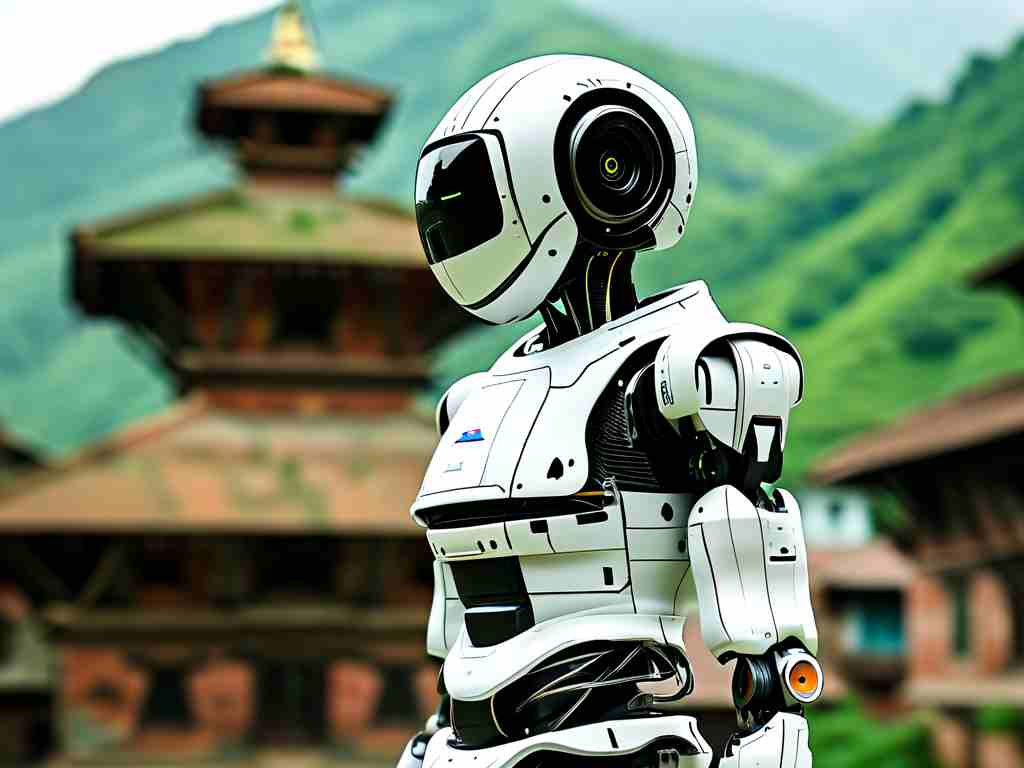The intersection of physics and information technology has entered a transformative era, marked by the shift from classical systems to quantum-enabled frameworks. This transition is not merely an incremental upgrade but a paradigm shift redefining computation, communication, and data security. For decades, classical physics governed the design of semiconductors, algorithms, and networks. However, as Moore’s Law approaches its physical limits, researchers are turning to quantum mechanics to unlock unprecedented computational power and novel applications.

The Quantum Leap in Computation
Traditional computers rely on bits—binary units of 0s and 1s—to process information. Quantum computing, by contrast, leverages qubits, which exploit superposition and entanglement to perform complex calculations exponentially faster. For instance, Google’s Sycamore processor demonstrated quantum supremacy by solving a problem in 200 seconds that would take a classical supercomputer 10,000 years. This breakthrough underscores the potential of quantum systems to revolutionize fields like cryptography, optimization, and molecular modeling.
Physicists transitioning into quantum information science often emphasize the role of error correction. Qubits are notoriously fragile, susceptible to decoherence from environmental noise. To address this, researchers employ techniques such as topological qubits or error-correcting codes like the surface code. These innovations draw heavily from condensed matter physics and statistical mechanics, illustrating how foundational physics principles are being repurposed for quantum engineering.
Quantum Communication and Security
Another critical area is quantum communication. Quantum key distribution (QKD), exemplified by protocols like BB84, uses photon polarization states to create theoretically unbreakable encryption. Unlike classical encryption, which relies on mathematical complexity, QKD’s security is rooted in the laws of quantum mechanics. Any eavesdropping attempt inevitably disturbs the quantum state, alerting users to potential breaches. China’s Micius satellite, launched in 2016, demonstrated this technology by enabling secure communication over 1,200 kilometers—a milestone highlighting the synergy between aerospace engineering and quantum physics.
Challenges in Scaling Quantum Systems
Despite progress, scaling quantum systems remains a formidable challenge. Maintaining qubit coherence at scale requires cryogenic environments near absolute zero, as seen in IBM’s dilution refrigerators. Moreover, integrating quantum hardware with existing classical infrastructure demands hybrid architectures. Companies like Rigetti and D-Wave are pioneering quantum-classical hybrid systems, where quantum processors handle specific tasks while classical systems manage broader workflows.
The talent gap is another hurdle. As universities expand quantum information programs, interdisciplinary training becomes essential. A physicist venturing into this field must grasp computer science, materials engineering, and even machine learning. For example, optimizing quantum algorithms often involves machine learning techniques to mitigate noise and improve qubit performance.
Industry Applications and Future Prospects
Industries are already exploring quantum advantages. Pharmaceutical firms use quantum simulations to model molecular interactions, accelerating drug discovery. Financial institutions deploy quantum algorithms for portfolio optimization, while logistics companies tackle routing problems. Even artificial intelligence stands to benefit: quantum machine learning could process vast datasets beyond classical capabilities.
Looking ahead, the development of fault-tolerant quantum computers—machines capable of self-correcting errors—will mark a tipping point. Experts predict this milestone could arrive within a decade, ushering in an era of “quantum utility” where these systems solve real-world problems economically. Governments and corporations are investing heavily, with the U.S., EU, and China allocating billions to quantum research initiatives.
Ethical and Societal Implications
The quantum transition also raises ethical questions. Quantum computing could render current encryption obsolete, threatening data security. Conversely, it offers tools to design robust post-quantum cryptography. Policymakers must balance innovation with regulation, ensuring equitable access to quantum resources while preventing misuse.
In , the shift from classical physics to quantum information technology represents a confluence of science, engineering, and creativity. As researchers bridge these domains, they are not only expanding computational frontiers but also reimagining what technology can achieve. For physicists embarking on this journey, the challenge lies in mastering a rapidly evolving discipline—and the reward is shaping the future of information itself.









